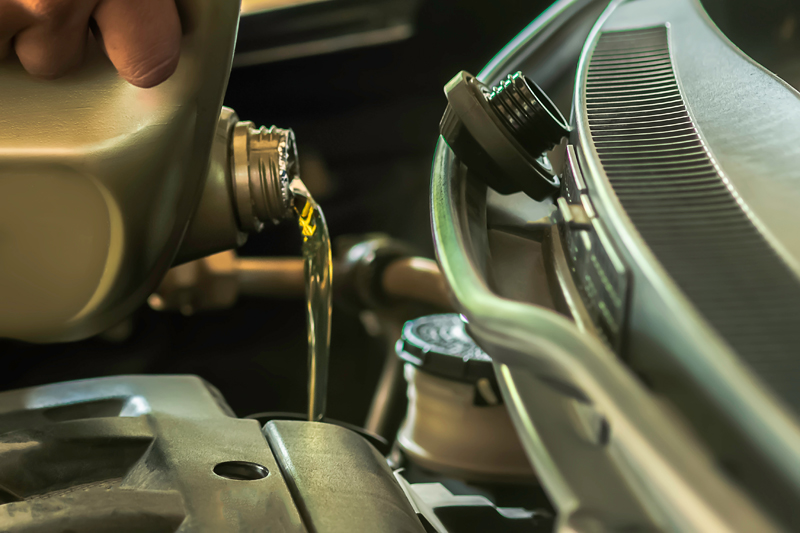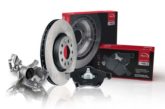
Many workshops are still unsure about oil specifications. It’s the VLS’ job to make sure that changes.
Independent membership organisation the Verification of Lubricant Specifications, with the support of Comma Oil, surveyed the attitudes of UK workshops to engine oil by sending a web-based survey to over 12,000 UK workshop contacts by email. The results suggest that many mechanics still do not fully understand what oil specifications and marketing claims mean and are selecting oils based on price, not suitability.
Language in lubricants can be complex and confusing. VLS asked mechanics, “In your own words, what do you think is the difference between ‘OE approved’ oils and oils that ‘meet the requirements/specifications of a manufacturer’?”
Most respondents understood these terms, identifying that “OE is the right oil according to the dealer. Meet the specification/suitable for use means it meets the requirement but isn’t the original oil” and “One is generic and one is specifically designed for those engines”.
However, around 30 per cent either didn’t understand the difference, didn’t think there was a difference, or adopted the view that there was no difference, “Just price”.
When asked to rank oil specification descriptors in order of which they thought was ‘best’ and ‘worst’, the majority identified OE approved as superior, seeing little difference between the other claims.
Are oils that ‘meet the specification of’ just as good as ‘OE approved’?
Opinion amongst workshops was split when it came to whether “engine oils that meet the specification of are just as good as OE approved oils”:
Whilst 51 per cent agreed, many were unconvinced, and 27 per cent disagreed. Lubricant manufacturers invest significant sums in gaining OE approvals for their oils, yet many technicians seem unconvinced.
Is quality oil really worth paying more for?
According to the survey, most workshops reported using online oil selectors or Autodata to identify the correct oil. Quality and suitability were the key factors driving their product choice. However, several workshops did rank price as the most important consideration.
Workshops are under pressure, trying to save money wherever possible. However, using cheaper, poorer quality oils or ones that do not meet the correct specification risks the protection needed for owners’ vehicles.
Poor quality or the wrong oil can cause damage to emission control systems, accelerated wear in gears and bearings, and the formation of piston deposits, leading to increased maintenance costs and, if left unchecked, eventual engine failure.
Modern vehicle engines require sophisticated lubricants using advanced chemistry. Even the slightest change in the formulation has the potential to reduce performance over the short term and cause engine damage over the long term. Compared to standard formulations, cheaper products might contain reduced quality base oils, fewer additives or even untested additives. This can significantly affect the lubricant, resulting in poor or possibly even dangerous performance compared to genuine products.









